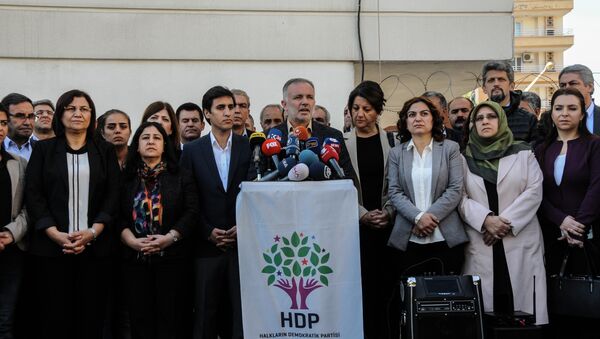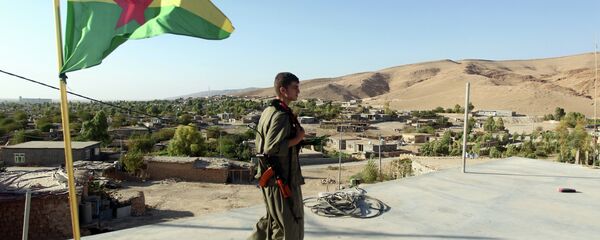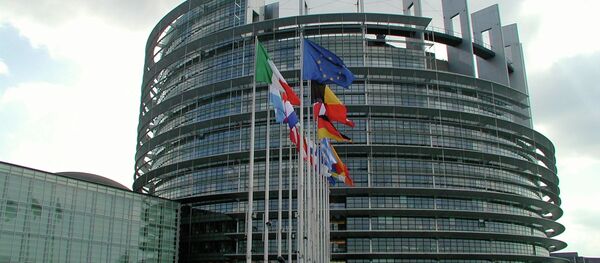“I’m not expecting a civil war, but it is definitely a very bold move by the Turkish government. I haven’t seen anything like that since the early 1990s. Everyone on the Kurdish side is trying to calm down tensions, telling their supporters not to make any moves, not to hold rallies. But obviously there is the other side of the equation, which is PKK and although the government says that these MPs are somehow linked to PKK, PKK acts independently and the calls from Kurdish MPs may not necessarily be followed by PKK,” Professor Sirkeci said.
When asked whether this attack could lead to a new crackdown on the Kurds, Professor Sirkeci said that PKK had no reason to target Diyarbakir because it is a predominantly Kurdish city where about 70 percent of local residents vote for Kurdish parties.
“That would be like shooting themselves in the foot. I think the Daesh claim of responsibility for this attack is closer to the truth than alleging that it was done by PKK. PKK may have done some stupid things in the past, but after seeing their MPs going to prison I wouldn’t rule out anything now.”
Washington, Brussels and the United Nations have condemned the latest detention of opposition lawmakers in Turkey.
Answering a question about how this could affect Ankara’s relations with Brussels, Ibrahim Sirkeci said that these relations have already been in decline, especially since the failed coup because of the purges where about 100,000 people have either been suspended, imprisoned or lost their jobs.
Tensions between Ankara and the Turkish Kurds escalated in July 2015 when a ceasefire between Turkey and the Kurdistan Workers’ Party collapsed over a series of terrorist attacks Turkey was quick to blame on PKK members.
In May the Turkish parliament voted a bill that allows stripping lawmakers of parliamentary immunity.




